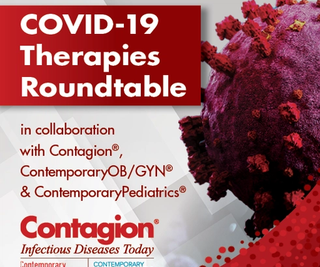
Pharmacology
Latest News

Latest Videos

Shorts

CME Content
More News

Prompt opioid dosing in emergency care may reduce hospital stays for children with sickle cell disease pain, new research revealed.

Ji-Hyun Lee reports that short surgical exposure to sevoflurane did not affect IQ, behavior, or language outcomes in infants and toddlers.

Results suggest that a single, brief exposure to general anesthesia for surgery is unlikely to impair short-term neurodevelopment in young children.
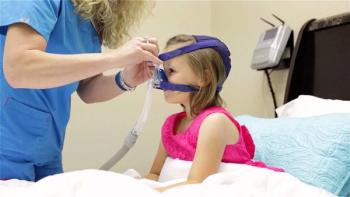

FDA approves first generic iron sucrose injection for treating iron deficiency anemia in CKD patients 2 years and older.

Explore essential resources and toolkits for managing the ongoing stimulant medication shortage affecting ADHD treatment and patient care.

Findings may help guide clinicians and policymakers in balancing the risks and benefits of stimulant prescribing in adolescent populations, according to the study authors.

Get caught up with Contemporary Pediatrics! This list helps you navigate our top stories from the week, all in one place.

A look back at the FDA submissions and regulatory decisions in the pediatric health care space from June 2025.

Lebrikizumab demonstrated efficacy and safety in patients with skin of color and moderate to severe atopic dermatitis in the ADmirable trial. Trial investigator Andrew Alexis, MD, MPH, reacts.

The approved indication now includes children down to 6 weeks of age to protect against invasive meningococcal disease via serogroups A, C, W, and Y.

Albuterol-budesonide (Airsupra; AstraZeneca) resulted in a 47% reduction in severe exacerbations in mild asthma vs albuterol alone.

NVX-CoV2705 is indicated for individuals aged 12 to 64 years with an underlying condition that poses high risk for severe COVID-19 outcomes.

"Early identification of high-risk neonates may enable targeted strategies to support respiratory health," stated the study investigators.

Subgroup data show crinecerfont helps children with CAH reduce steroid use while maintaining or improving androstenedione levels across diverse patient groups.

Current prevention strategies include 2 injectables for infants and young children, namely palivizumab and nirsevimab.
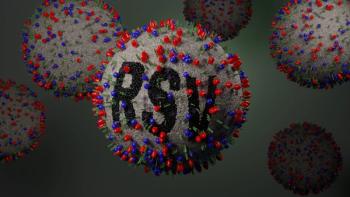
Nirsevimab significantly reduces RSV-related hospitalizations, ICU admissions, and LRTIs in infants, but doesn’t shorten hospital stays, according to a recent study.

A look back at the FDA submissions and regulatory decisions in the pediatric health care space from April 2025.

In this article, we recap our top stories, expert interviews, and Q+A discussions from the 2025 Pediatric Academic Societies meeting.

In 3 studies evaluating the effects of probiotics on eczema, probiotics groups reported a greater reduction in symptoms than placebo groups, but only when the allergy was IgE mediated.

From the FDA approvals of dupilumab and maralixibat tablets to a new puzzler case study, get caught up with our weekly review article.
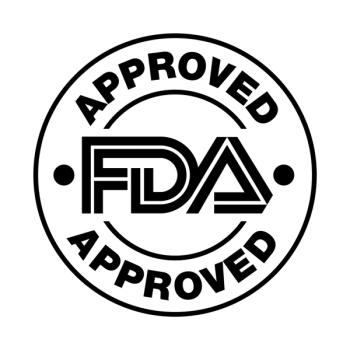
In the United States, maralixibat (Livmarli; Mirum Pharmaceuticals) is approved to treat both ALGS and PFIC, now in liquid and tablet formulations.
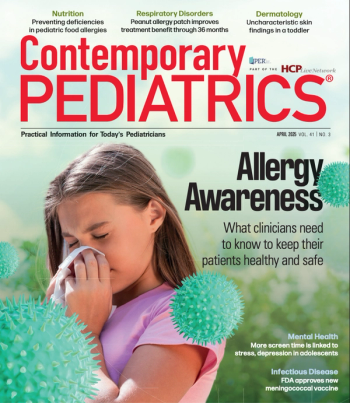
Editor-in-chief Tina Tan, MD, FAAP, FIDSA, FPIDS, highlights the April, 2025, issue of Contemporary Pediatrics, with a special focus on pediatric allergy awareness.

Flovent was discontinued in January 2024 due to the manufacturer electing to produce only an authorized generic version of the medication.

Aquestive Therapeutics reports positive pediatric study results for Anaphylm, supporting its FDA submission for treating severe allergic reactions.








